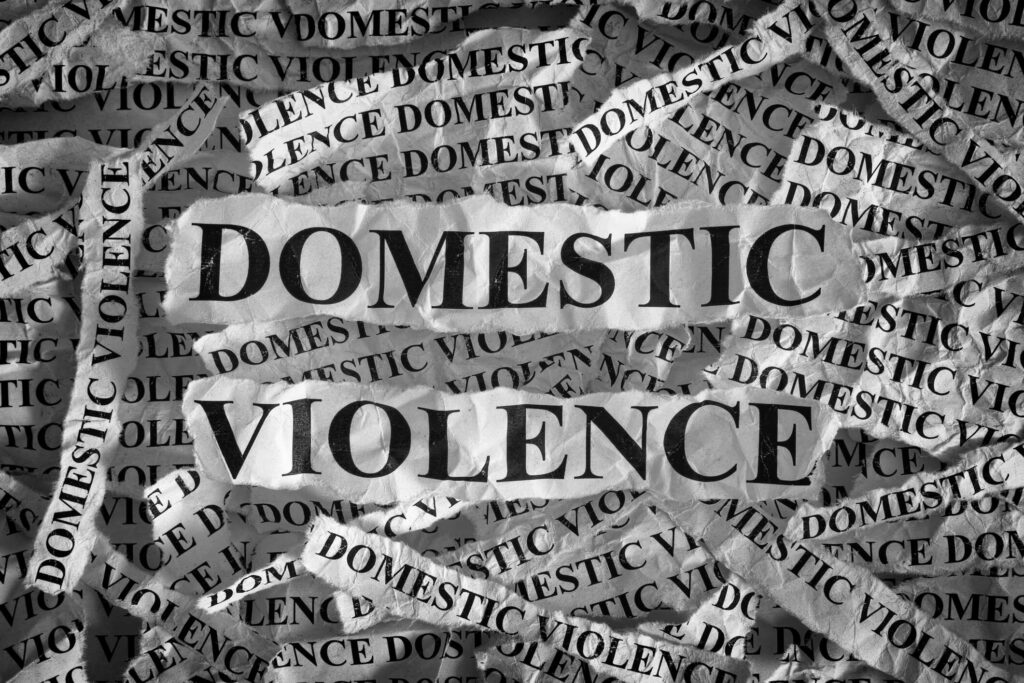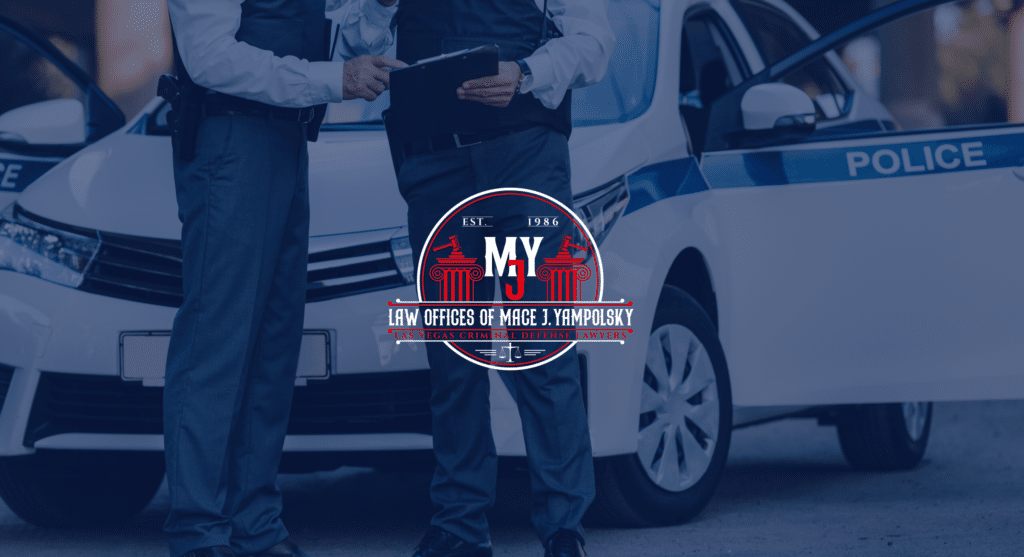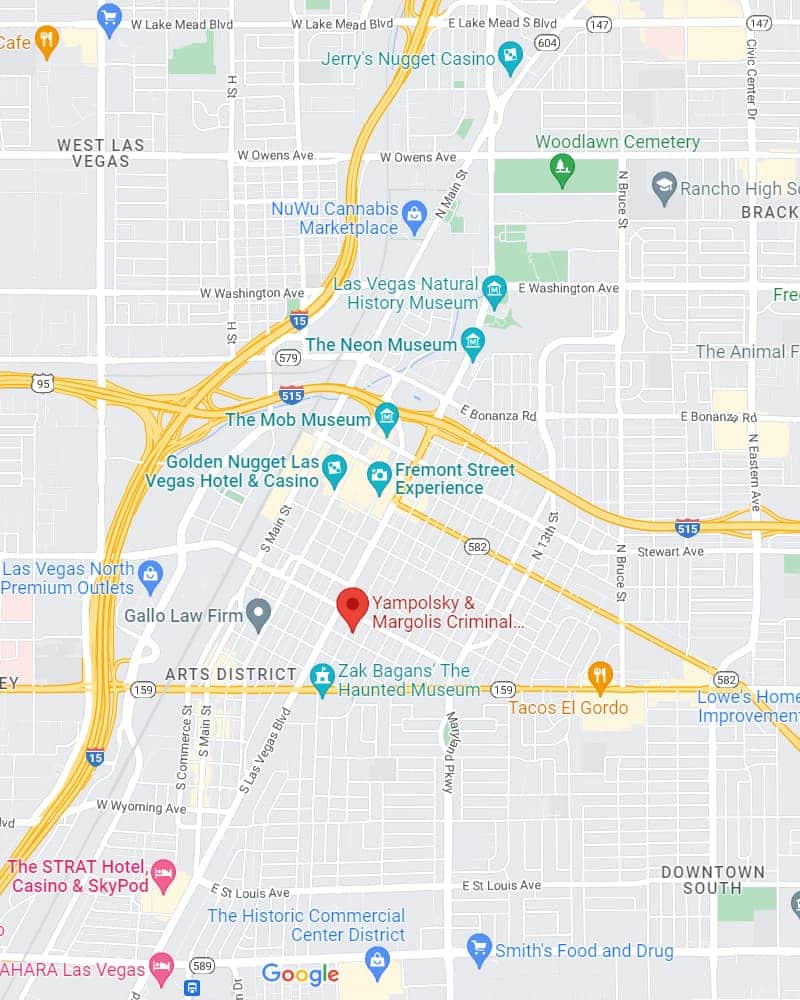Domestic Violence and Child Abuse Facts for Trying Times
Suffice it to say, so far, 2020 has been one hell of a year. Covid-19, the Corona Virus, has thrown all of our lives into turmoil and upheaval. Who knows when life will resume as we knew it before? Consider, for a moment, the unprecedented nature of our collective experience thus far. All major sports cancelled. The Las Vegas Strip closed for business. Hundreds of millions of Americans are locked down in their homes with their school-aged children wondering when (God willing it is when, not if) a return to normalcy may be on the horizon. As the hours become days, the days become weeks, and extra quality time begins to morph into agony, Law Offices of Mace J. Yampolsky Criminal Defense Las Vegas want you to know that we feel your collective pain—and are here to try and help ensure that bad doesn’t go to worse in your household.
During these chaotic and uncertain times, tensions are high, fears are accentuated and nerves are frayed. While it is in the best interest of community safety, those of us who are parents know that entertaining kids while being locked down in the house all day can be a trying and exhausting ordeal, to put it mildly. At Law Offices of Mace J. Yampolsky Criminal Defense Las Vegas, we are here to answer any questions and allay any concerns you may have, and would also like to make available to everyone some key facts about domestic violence laws and child abuse statutes in Nevada as we all get extremely “close” in confined quarters in the coming weeks.
What is Battery Domestic Violence in Nevada?
According to NRS 33.018 and NRS 200.485, battery domestic violence occurs when a defendant commits a battery against someone with whom they have a close domestic relationship. This may mean a confrontation with a:
- Spouse
- Former spouse
- A person that the offender is related to by blood or marriage.
- A person that the offender is or was residing .
- A person that the offender had or is having a dating relationship .
- A person that the offender has a child .
- A minor child of any of the above persons.
- The offender’s minor child.
- Any other person that has been appointed the custodian or legal guardian for the offender’s minor child.
As parents ourselves, we know that being cooped up with bored children can be a taxing endeavor. No playdates, no movies, no trips to the recreation center—it can be a long day within those four walls. The last thing any family needs is the added pressure and trouble brought about by an untimely arrest for domestic violence. Whether it is a momentary loss of a parent’s temper, or a fleeting inability to maintain composure amidst chaos, we at Law Offices of Mace J. Yampolsky understand the powder keg we are all in and are here to help.
What is Child Abuse in Nevada?
Within the Nevada Revised Statutes, child abuse and neglect are defined and explained by the confines of Chapter 432B. Child abuse comprised of acts such as physical and mental injury which are done with full intention, sexual abuse or sexual exploitation and other similar variations, maltreatment and negligence, and even excessive corporal punishment. If you intended to give your child a “whooping” but did not intend to leave a mark—this is still intentional child abuse. Call us now.
Along these same lines, mistreatment of and negligence toward children are rather broad subjects but usually entail letting the child suffer by abandoning them or leaving them to their own devices for survival. This is not allowable under the law. It also means already specified above. With that, they can be defined as pre-cursor to overall abuse. Excessive corporal punishment, on the other hand, means subjecting a child under extreme conditions in order to discipline them. Many parents or guardians justify that they are only chastising their children, not knowing that it is actually bordering to child abuse and neglect.
What are the penalties for Domestic Violence with Child Abuse in Nevada?
Usually, child abuse in Nevada is imposed with such weighty charges to serve as a warning to other people committing or planning to commit crimes against children.
As stated in the NRS 200.508, if you willfully subject a child less than 14 years of age to suffer abuse and neglect which resulted to substantial bodily harm you are guilty of a category A felony with a penalty of being imprisoned for life. This can be dialed down to two years or amped up to 20 years in prison under certain circumstances.
If no substantial physical or mental harm has been done to a child, the defendant will have to face category B felony with the following penalties.
If a first time offender:
- A year to six years in prison
If a second-time offender of the same violation or other crimes:
- Two years to 15 years in prison
When the child abuse and neglect resulted in the untimely death of a child, the case turns to a first-degree murder that seals life imprisonment in the Nevada State Prison.







